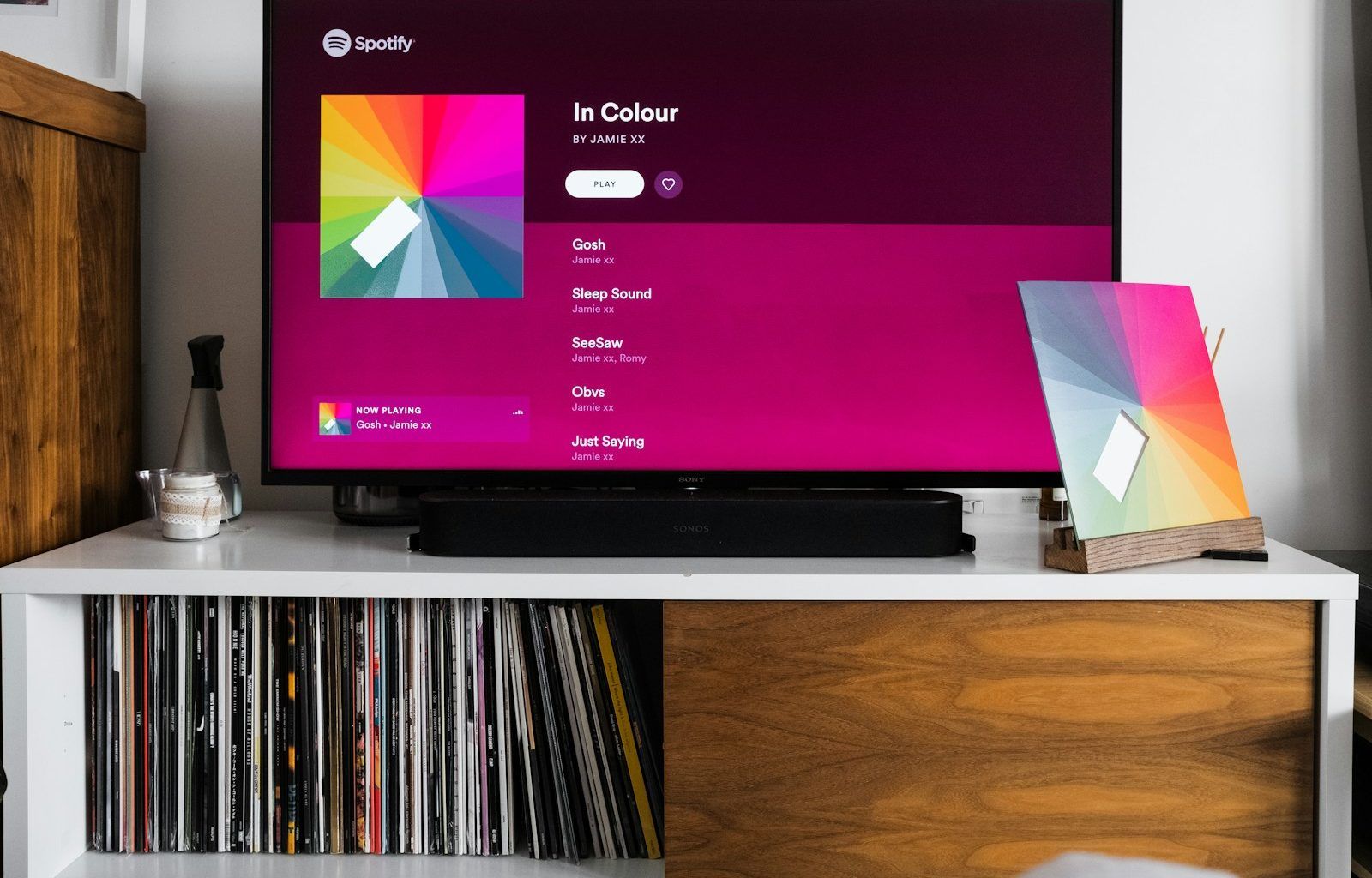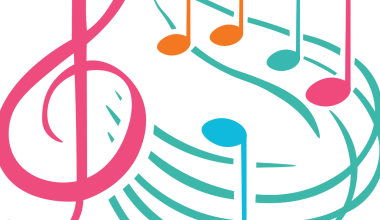Spotify has emerged as the 1st in the world when it comes to music streaming platforms. Founded in 2006 in Sweden, Spotify started as a simple idea to counteract the growing challenges posed by music piracy. It offered a legal and seamless way to access music, providing value to both listeners and artists.
In a world where CDs and illegal downloads dominated, Spotify took a bold step. It created a platform that not only catered to music enthusiasts but also respected intellectual property rights. With a user-friendly interface, an ever-growing library of songs, and the freedom to stream music for free or via subscription, Spotify changed the game.
How Spotify Built a Global Presence
Spotify’s journey to becoming 1st in the world was not easy. It had to build its presence globally, and this required breaking into markets with distinct challenges. From licensing agreements with major record labels to ensuring high-quality user experience, Spotify consistently innovated.
One of the key factors that helped Spotify become the 1st in the world was its personalization features. The Discover Weekly playlist is a prime example of how Spotify understood its audience. It combined cutting-edge algorithms with a human touch to deliver music recommendations tailored to each user’s taste.
The Freemium Model: A Game Changer
Spotify’s freemium model played a massive role in its global success. Offering free access to millions of tracks with occasional ads allowed the platform to attract millions of users. Those seeking an ad-free, high-quality streaming experience could upgrade to Spotify Premium, contributing to its revenue growth.
By making music accessible to everyone, Spotify positioned itself as a leader, creating a community that celebrated diversity in music. This model also helped the platform expand into developing regions, solidifying its position as 1st in the world.
Spotify’s Impact on the Music Industry
Spotify’s rise to becoming 1st in the world wasn’t just about convenience for listeners. It fundamentally reshaped the music industry. Before Spotify, selling physical albums or digital downloads was the primary way artists earned revenue. Spotify introduced a new era where artists could reach global audiences instantly.
This transformation wasn’t without criticism. Many artists voiced concerns about revenue distribution. However, Spotify has consistently worked to improve transparency, offering tools for artists to track their earnings and connect with fans. Its Artist Wrapped feature allows creators to celebrate milestones and engage their audience in unique ways.
Expanding Beyond Music
As the 1st in the world music streaming platform, Spotify didn’t stop at songs. Recognizing the growing demand for diverse audio content, Spotify expanded into podcasts. It acquired companies like Anchor and Gimlet Media to establish a strong foothold in this space. Today, Spotify hosts exclusive podcasts from world-renowned creators.
This diversification has helped Spotify stay ahead of the curve. It isn’t just a music platform; it’s a hub for all things audio, further cementing its status as 1st in the world.
The Role of Technology in Spotify’s Success
Spotify’s ascent to being 1st in the world is rooted in its innovative use of technology. The platform leverages machine learning and artificial intelligence to analyze user behavior. From curated playlists to mood-based song suggestions, Spotify understands its audience better than any other platform.
It also invests heavily in data security and app performance. Whether you’re streaming on your phone, desktop, or smart speaker, Spotify ensures a seamless experience. These technological advancements make it a favorite among millions worldwide.
Spotify’s Social Impact
Spotify isn’t just about streaming; it’s about community. It allows users to share their favorite songs, create collaborative playlists, and even see what friends are listening to. This social aspect has made Spotify more than just a music app—it’s a platform for connection.
Through initiatives like Spotify for Artists and partnerships with organizations supporting indie musicians, Spotify empowers creators. It provides tools for artists to thrive, ensuring a balanced ecosystem for listeners and creators alike.
What Sets Spotify Apart
Being 1st in the world isn’t just about numbers; it’s about innovation and impact. Spotify’s commitment to quality, inclusivity, and user satisfaction sets it apart. Its ability to adapt to changing trends and consumer demands ensures it remains at the top.
From its humble beginnings in Stockholm to becoming a household name globally, Spotify’s journey is a testament to the power of vision and innovation. Its success inspires countless entrepreneurs and tech enthusiasts, proving that challenges can be opportunities in disguise.
Looking Ahead: Spotify’s Future as the 1st in the World
Spotify continues to evolve, embracing emerging technologies and trends. From exploring spatial audio to enhancing accessibility features, it shows no signs of slowing down. Its focus remains on creating an unparalleled user experience while supporting the music industry’s growth.
As the world’s 1st choice for music streaming, Spotify is a pioneer. Its journey reflects the possibilities of combining passion, innovation, and commitment. The platform not only delivers music but also tells the story of a global revolution in how we consume and appreciate art.
For further reading, explore these related articles:
- Understanding Apple Music Charges and How They Impact Users
- The Timeless Charm of Winamp Music Player
For additional resources on music marketing and distribution, visit DMT Records Private Limited.






